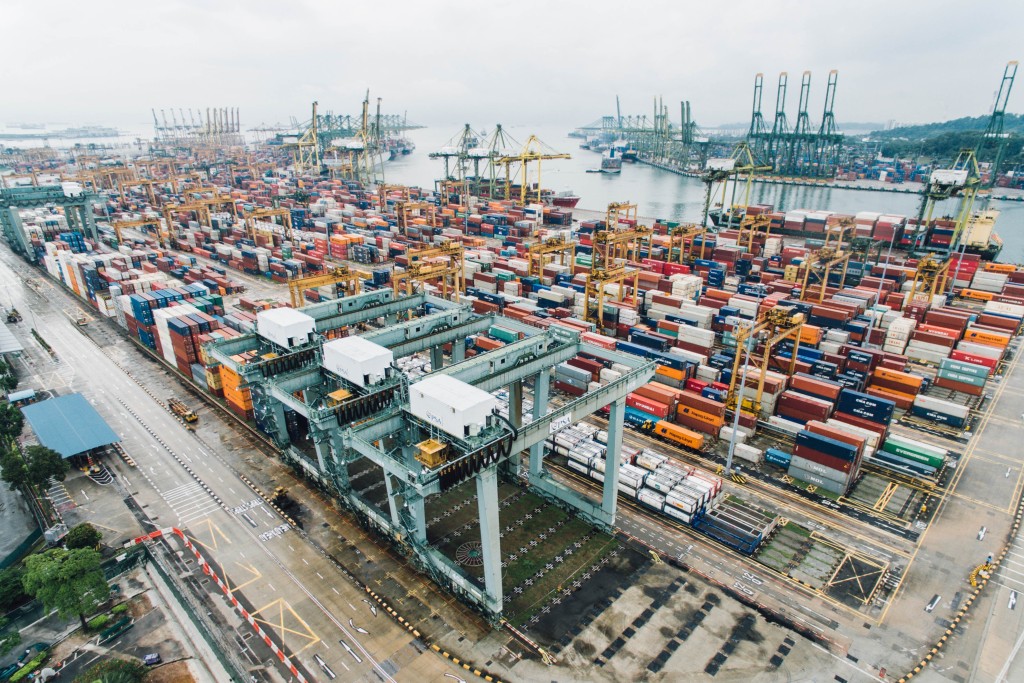After being overshadowed by headline-grabbing national confrontations over trade last year, reform of the World Trade Organization (WTO) will cease to be a sleeper issue in 2019.
Despite the sudden focus on trade issues thrusting national grievances into the spotlight, several countries have been quietly laying the groundwork for a thorough shakeup of the organisation for a long time.
In 2019, we expect increasingly high-profile discussions of how to change how the organisation deals with dispute settlement, negotiation processes, and issues between members. The US, EU, Canada, and Japan (as well as others) have floated possible changes on a slew of issues — several more recent proposals prompted by Chinese trade practices, including notification of subsidies, definition of state-owned enterprises, forced tech transfer, data issues, local content requirements, and overcapacity-generating subsidies.
The US has also indicated it would like a clearer delineation in the rules between “market” and “non-market” economies — affecting how the General Agreement on Tariffs and Trade (GATT) rules on anti-dumping apply — which will be strenuously resisted by China.
Why now?
The new US hostility towards the WTO has brought matters to a head, with US Trade Representative (USTR) Robert Lighthizer (a long-documented critic of WTO dispute settlement processes) one of the driving forces behind the project. In 2017, they began blocking new appointments to the WTO’s dispute settlement body, bringing that arm of the institution to the brink of collapse. Deputy USTR Dennis Shea, who has a built a reputation of bluntly confronting China at usually staid WTO meetings, has said “the biggest challenge is dealing with China, whose non-market economy is simply incompatible with WTO norms.”
Despite clashing on other trade issues, the US, EU and Japan have been coordinating trilaterally on how to hem in Chinese trade practices through new WTO rules, building on long held irritation towards the failure of economies like China to comply with notification or transparency notifications, making new negotiations difficult, and towards the Appellate Body, a group of seven judges who are widely perceived to have gone beyond interpreting existing rules to trying to establish new ones.
Why does it matter?
Much of the world and nearly USD 20 trillion in international trade are bound by trade rules structured by the WTO. If a reform package cannot be struck, there is every possibility a Trump administration may take the US out of the organisation. A US withdrawal may not totally shred that framework, but it would cripple it. If the US doesn’t leave but continues to block Appellate Body appointments, the dispute-settlement mechanism will cease to function entirely after two judge terms expire this year, leaving 2019’s disputes in the hands of bilateral negotiations.
What’s next?
US-China trade talks, currently within a self-imposed 90-day window to produce some outcome, is the next major front to watch for movement on the WTO issue. Agreement on changes to WTO rules could be an element of a negotiated settlement; at least indicating whether the US wants to achieve deep reform or just paper over the trade war in 2019.
Prompted by the unfolding disputes, other countries are being proactive. Europe has been out in front, constructively engaging with specific proposals. A small group of friends-of-the-system who met in Ottawa last October — pointedly excluding China and the US — are continuing to explore paths forward, meeting again in Davos in January.
Another group, led by Japan, Australia, and Singapore, is quietly spear-heading discussions for new rules that protect corporate data against over-bearing state intrusion.
Other high-level multilateral engagements in 2019, like the June G20 summit in Osaka and the August G7 summit in France, will opportunities to further advance these issues in preparation for the WTO ministerial meeting in 2020.
Author: Logan Finucan, Public Policy Manager, Access Partnership





